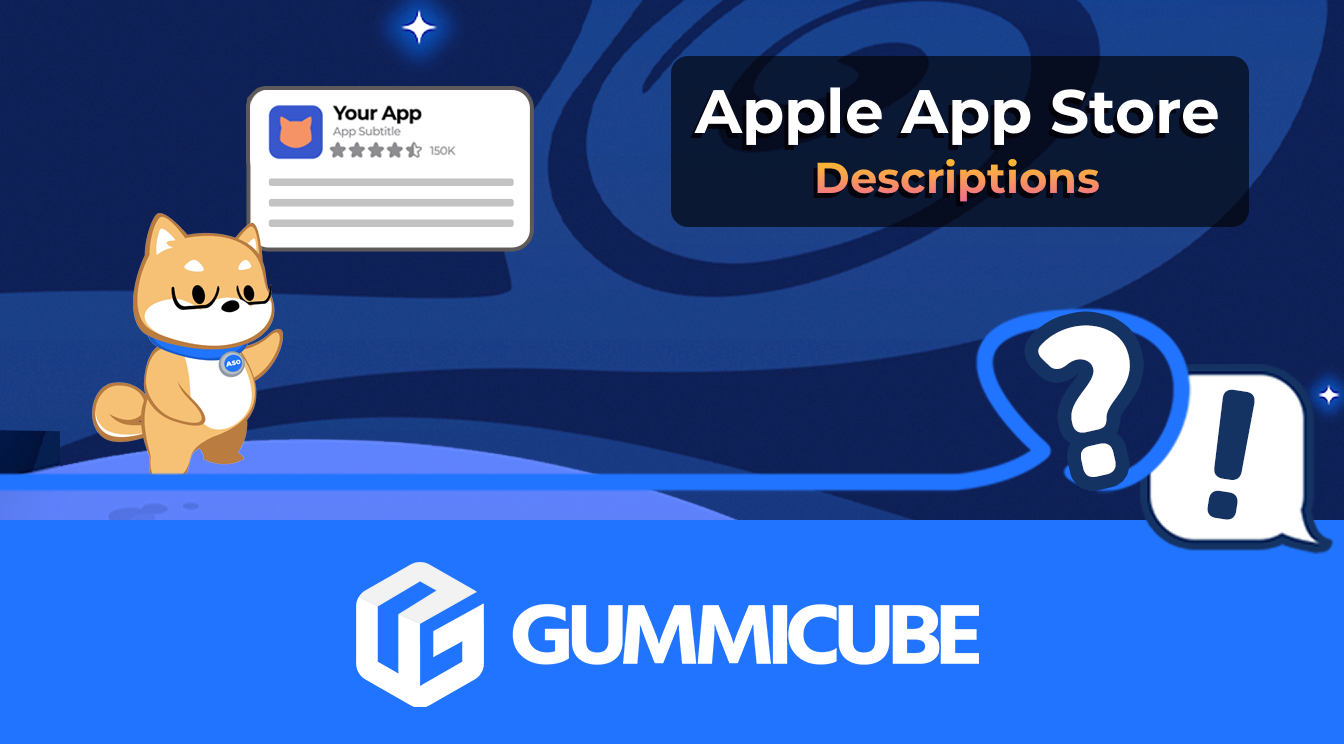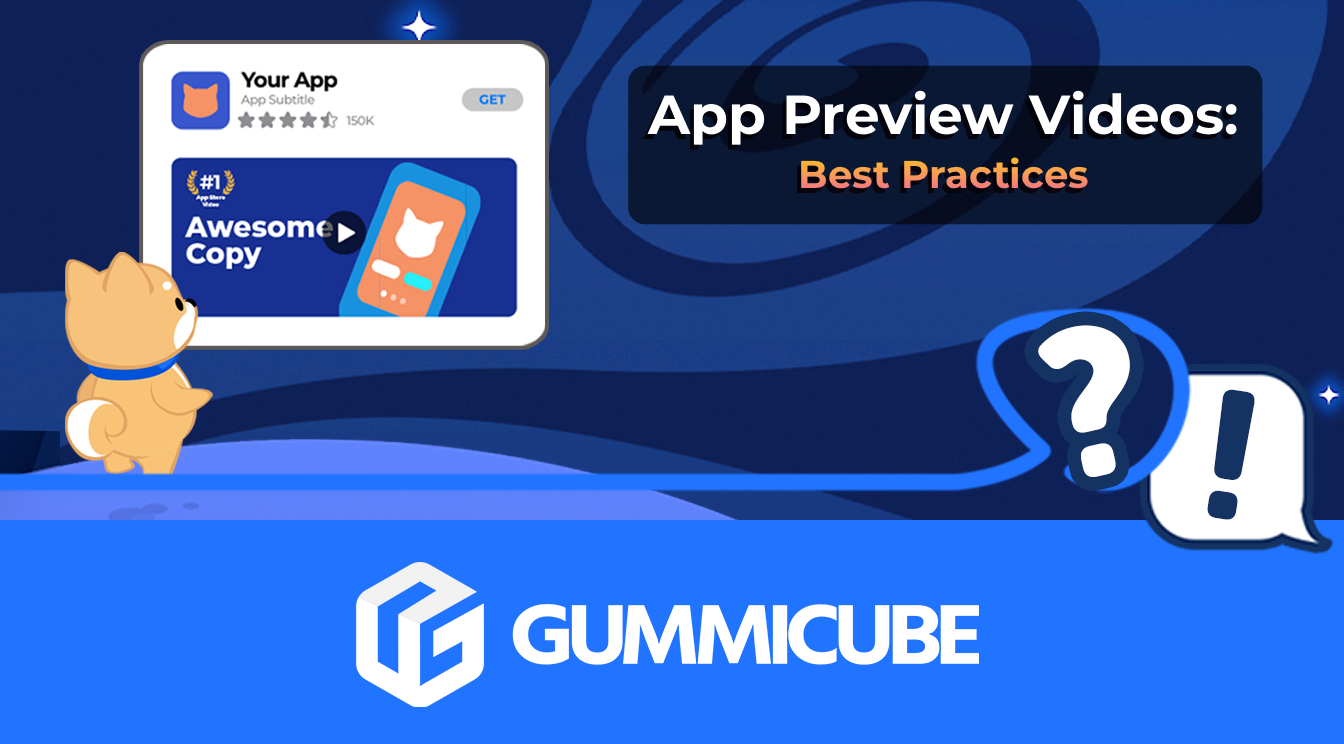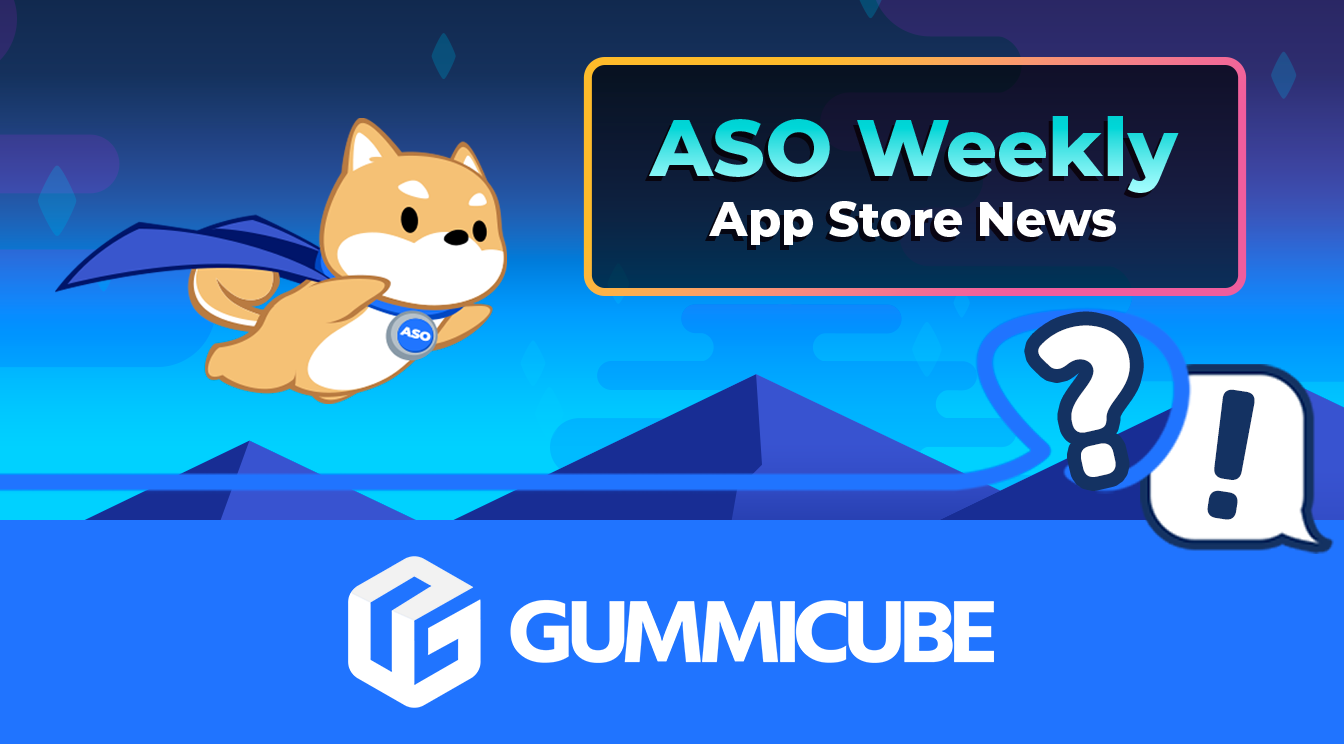
How to Write an Apple App Store Description
Posted on July 17th, 2024
Learn how to approach App Store descriptions the right way so you can effectively engage and convert users.

Keywords are essential for getting noticed in the App Store and Google Play Store – not just the keywords with the highest search volumes or a few you’ve picked out, but all of them. In order to reach users, you need to show up in searches. If you want to improve your visibility in search, you need to understand the total scope of your app’s visibility. Understanding the keywords you rank for is one of the cornerstones of App Store Optimization, so let’s take a look at why it’s important.
70% of app downloads come from search, making it the most valuable channel for discovery. The more searches an app shows up in and the higher up it appears in the search results, the more chances it has to be noticed and downloaded. As keywords determine what searches an app appears in, every keyword and phrase matters.
A single app can potentially index for thousands of keywords. These come not only from its title and selected keywords, but also phrases created from its keywords, historical keyword data, versions of the app in different territories/languages, spelling variants and so much more. While not every keyword is weighted the same – in fact, an important aspect of App Store Optimization is determining which keywords have the most search volume – every term can help give you insight to improve your app’s visibility.
In order to fully optimize marketing around your keywords, it’s important to have full visibility of them. Limiting the number of keywords that you track will prevent you from seeing the full scale of your app’s discovery and visibility.
For instance, while Google’s Search metrics do show some of an app’s most popular keywords, it bundles up the rest into a generic “Other” category. This could contain anywhere from 40-80% of an app’s overall keywords, depending on how many keywords it ranks for overall and how much of the app’s search volume they contribute to.
While this feature from Google is interesting information, it does not give the full scope of an app’s keyword visibility. For that, you’ll need a service like Datacube, which provides information on every keyword an app indexes for, from the high-ranking and high-volume to the niche searches you may not have thought of.
Having the ability to track all of the keywords your app appears for and can be discovered by is incredibly valuable for marketing. It can help you understand what terms to directly target and emphasize in your app page listing and other marketing materials.
This means knowing how you rank for all keywords, not just your top ten, top 100 or even top 1000. There may be terms that your app is not currently targeting, but could be valuable for, which could increase your reach if they were focused on. Understanding the ranking data even for keywords you rank low on can provide valuable insights for metadata changes in future iterations.
If users are finding a language learning app by searching for various forms of “speak,” such as “speaking,” “learn to speak,” “speak this language” and so on, each of those terms might be bundled up into “Other,” in spite of being related to each other and valuable for discover. If an app developer is aware of those terms, they can be integrated into the app’s marketing to show up in searches for “Learn to speak a new language” or “Speak in French.” Without visibility into those keywords and their rankings, the app could miss a valuable marketing opportunity.
Keywords are essential to an app’s success in so many ways. Each keyword is valuable for discovery, so it’s important that developers know all of the keywords their app is showing up in searches for. If developers limit the number of keywords they track for their app, they can miss valuable data and user insights that could otherwise improve their marketing.
No matter how you look at it, knowing the scope and range of your app’s total keyword visibility is important to its ASO success.

Learn how to approach App Store descriptions the right way so you can effectively engage and convert users.

Learn how to grab your audience's attention through effective and engaging app store preview videos.

Welcome to this week’s ASO Weekly - The App Store halts gambling ads amidst outcry and the Apple takes a bite out of NFT app sales.